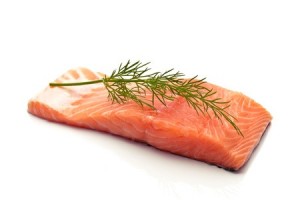 Breast cancer (BC) is the most common cancer among women across the world. Dietary fatty acids, especially n-3 (omega-3) polyunsaturated fatty acids (PUFA), are believed to play a role in reducing BC risk. Evidence has shown that fish consumption or intake of long-chain n-3 PUFA, such as eicosapentaenoic acid (EPA) and docosahexaenoic acid (DHA), are beneficial for inhibiting breast cancer formation. Most anticancer drugs, developed to date, aim to kill cancer cells and decrease tumor burden but are relatively ineffective against some phases of cancer creation. Therefore, other strategies to prevent cancer are urgently required. Evidence is accumulating for using n-3 PUFA as a nutritional intervention in the treatment of BC to enhance conventional therapeutics, or potentially lowering effective doses. Additionally, evidence does not indicate harm and all forms of n-3 PUFA may be included in a healthy diet.
Breast cancer (BC) is the most common cancer among women across the world. Dietary fatty acids, especially n-3 (omega-3) polyunsaturated fatty acids (PUFA), are believed to play a role in reducing BC risk. Evidence has shown that fish consumption or intake of long-chain n-3 PUFA, such as eicosapentaenoic acid (EPA) and docosahexaenoic acid (DHA), are beneficial for inhibiting breast cancer formation. Most anticancer drugs, developed to date, aim to kill cancer cells and decrease tumor burden but are relatively ineffective against some phases of cancer creation. Therefore, other strategies to prevent cancer are urgently required. Evidence is accumulating for using n-3 PUFA as a nutritional intervention in the treatment of BC to enhance conventional therapeutics, or potentially lowering effective doses. Additionally, evidence does not indicate harm and all forms of n-3 PUFA may be included in a healthy diet.



